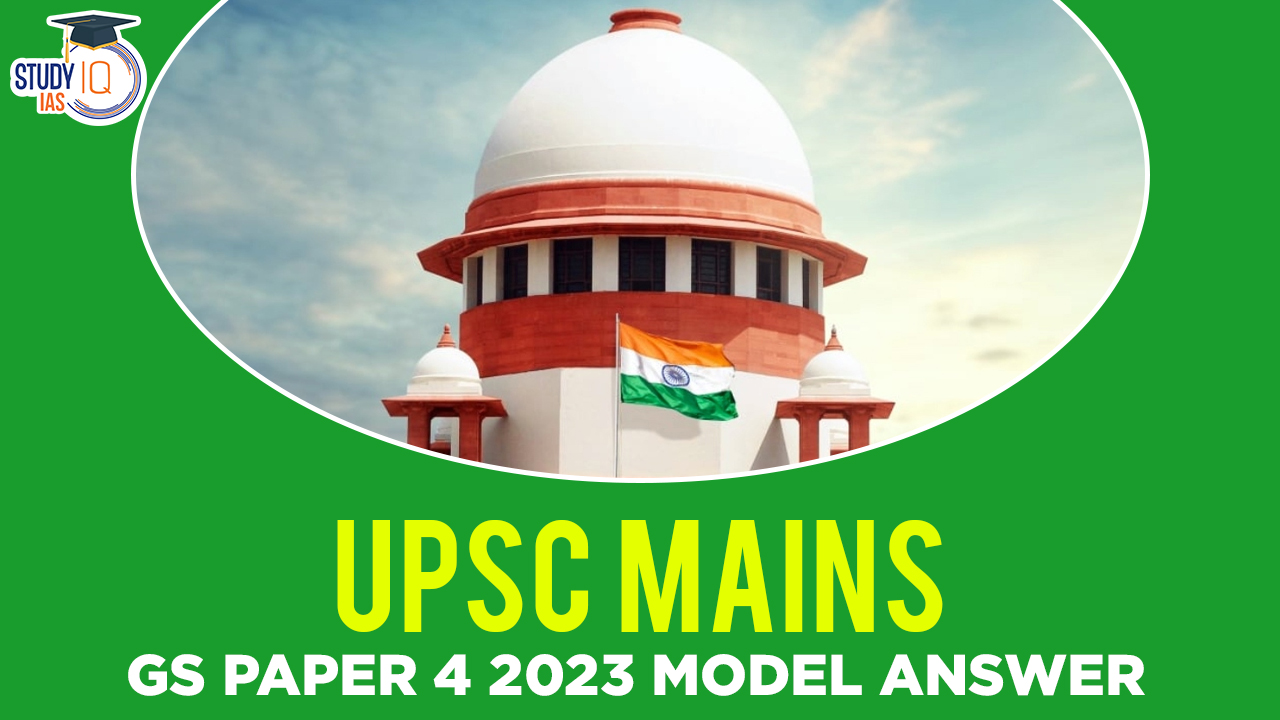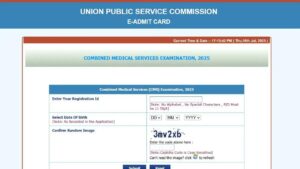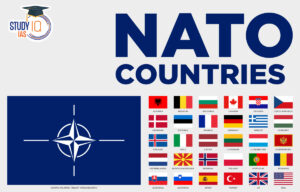Q12. You hold a responsible position in a ministry in the government. One day in the morning you received a call from the school of your 11-year-old son that you are required to come and meet the Principal. You proceed to the school and find your son in the Principal’s office. The Principal informs you that your son had been found wandering aimlessly in the grounds during the time classes were in progress. The class teacher further informs you that your son has lately become a loner and did not respond to questions in the class, he had also been unable to perform well in the football trials held recently. You bring your son back from the school and in the evening, you along with your wife try to find out the reasons for your son’s changed behaviour. After repeated cajoling, your son shares that some children had been making fun of him in the class as well as in the WhatsApp group of the students by calling him stunted, duh and a frog. He tells you the names of a few children who are the main culprits but pleads with you to let the matter rest.
After a few days, during a sporting event, where you and your wife have gone to watch your son play, one of your colleague’s son shows you a video in which students have caricatured your son. Further, he also points out to the perpetrators who were sitting in the stands. You purposefully walk past them with your son and go home. Next day, you find on social media, a video denigrating you, your son and even your wife, stating that you engaged in physical bullying of children on the sports field. The video became viral on social media. Your friends and colleagues began calling you to find out the details. One of your juniors advised you to make a counter video giving the background and explaining that nothing had happened on the field. You, in turn posted a video which you have captured during the sporting event, identifying the likely perpetrators who were responsible for your son’s predicament. You have also narrated what has actually happened in the field and made attempts to bring out the adverse effects of the misuse of social media.
(a) Based on the above case study, discuss the ethical issues involved in the use of social media.
(b)Discuss the pros and cons of using social media by you to put across the facts to counter the fake propaganda against your family.
20 Marks (Answer in 250 words) Ethics Case Study
Approach:
(a) Discuss the ethical issues involved in the use of social media in the context of a given case study.
(b) Discuss the pros and cons of using social media by you to put across the facts to counter the fake propaganda against your family.
(a)Ethical Issues involved in use of social media in the context of the present case study:
- Cyberbullying and Harassment: The initial incident involving students making fun of the protagonist’s son on WhatsApp and in person raises concerns about cyberbullying and harassment. It’s ethically problematic when individuals use social media platforms to target and demean others, especially minors.
- Privacy and Dignity: The video of the protagonist’s son, which was created without consent and used to ridicule him, violates his right to privacy and dignity. Sharing such content online without consent is ethically unacceptable.
- False Accusations: The viral video falsely accusing the protagonist of physically bullying children on the sports field highlights the ethical issue of spreading false information and making baseless accusations on social media. False accusations can harm reputations and have real-life consequences.
- Misuse of Social Media: The case underscores the misuse of social media as a platform for bullying, spreading rumours, and harming others’ reputations. This raises ethical concerns about responsible and ethical online behaviour.
- Responsibility and Accountability: Posting a counter video to clarify the situation and identify the likely perpetrators can be seen as an attempt to address the false accusations and protect one’s reputation. However, it also raises questions about the responsibility and accountability of individuals when responding to online attacks.
- Privacy and Consent in Capturing Video: When capturing and posting videos of individuals in public settings, ethical considerations around privacy and consent should be taken into account. It’s important to respect the privacy and dignity of individuals, especially when sharing content online.
- Impact on Children: The case highlights the adverse effects of social media misuse, particularly on children. It underscores the ethical responsibility of parents, educators, and society to protect and support young individuals in the digital age.
- Social Media Education: The case emphasises the need for education and awareness about responsible and ethical social media use. Promoting digital literacy and responsible online behaviour is essential to mitigate the negative effects of social media misuse
(b) Pros and cons of using social media by me to put across the facts to counter the fake propaganda against my family:
Pros:
- Immediate Response: Social media allows for a quick and direct response to address false accusations and provide my side of the story. It can help counter misinformation before it spreads further.
- Support and Solidarity: Sharing my side of the story on social media can garner support and solidarity from friends, colleagues, and the online community, which can be emotionally reassuring.
- Transparency: Posting a counter video with facts and evidence demonstrates transparency and can help clear any misconceptions or doubts among friends, colleagues, and the online community.
- Protecting Reputation: In cases of false accusations, using social media can be a proactive way to protect my family’s reputation, especially when reputational damage is at stake.
- Awareness on Misuse of Social Media: By discussing the adverse effects of the misuse of social media, I can raise awareness about the consequences of spreading false information and cyberbullying.
Cons::
- Further Attention: Posting a counter video may draw further attention to the false accusations, potentially leading more people to view and share the negative content.
- Online Harassment: Engaging on social media may invite online harassment or trolling from those who disagree or wish to escalate the situation further.
- Privacy Concerns: Sharing personal details or family matters on social media may raise concerns about privacy and security, as it exposes my family to online scrutiny.
- Misinterpretation: Despite my efforts to provide context and evidence,my message may still be misinterpreted or distorted, leading to unintended consequences.
- Escalation: Engaging in a public online dispute may escalate the situation rather than resolving it, as it can encourage further back-and-forth exchanges and animosity.
- Modelling Behaviour: Depending on the tone and approach used in my social media response, it can set an example for my child about how to address conflicts online, which should be considered carefully.
In this situation, using social media to counter false propaganda can be a valid approach if done thoughtfully, transparently, and responsibly. However, it’s important to weigh the potential benefits against the risks, considering the emotional well-being and privacy of my family. Additionally, seeking offline solutions, such as addressing the issue with school authorities and parents of the involved children, may also be necessary to ensure a comprehensive resolution.
Check out the UPSC Mains GS Paper 4 2023 Analysis with detailed expatiation of the topics of Mains GS Paper 4 By the Study IQ Experts


 UPSC CMS Admit Card 2025 Out: Download L...
UPSC CMS Admit Card 2025 Out: Download L...
 UPSC Study Material for Prelims & Ma...
UPSC Study Material for Prelims & Ma...
 NATO Countries List 2025, Members, Funct...
NATO Countries List 2025, Members, Funct...





















